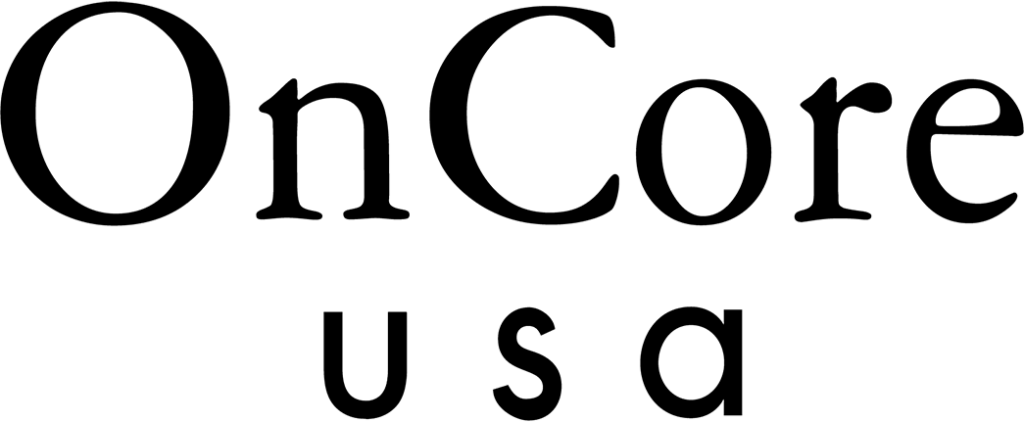
How to Use Social Media to Your Professional Advantage
Almost everyone uses social media in some capacity in their daily lives. For the most part, people use social media for their personal interests, keeping friends and family aware of their activities with regular Facebook posts, and keeping up to date with current events through sites like Twitter. Social media helps us keep up with others and allows for the sharing of accomplishments, ideas, and news. But it can also help us in the professional realm. How can social media be used to one’s professional advantage?
Personal Branding
People often consider the idea of their boss, prospective employer, or prospective client viewing their social media pages as a nightmare. They worry about giving too much of their personal life away or posting something inappropriate that could be detrimental to their career.
It is true that posting inappropriate material on social media is a big no-no, but you can and should embrace social media in a way that always shows your best side to everyone.
Don’t be scared! People are much more likely to hire a person who demonstrates through social media that they are professional, friendly, knowledgeable, context/self-aware, engaged – everything they need from an employee.
They are also more likely to hire you once they’ve seen your “human side” through your smart use of social media and personal branding online.
Hone Your Online Profile
If you are looking to build a professional image online and also looking to keep it in check, think about the kind of image (and subsequent reputation) you would like to build for yourself.
Do you want to portray yourself as innovative, creative, artsy or serious? Do you want to build your professional value by developing a niche that might be of interest for those looking to employ or hire you for a consulting gig?
If so, what does your current image look like? Do you need to prune it by deleting old messages and pictures? Do you need to add content that will provide others with an understanding of a topic that you are expert on?
Hide Your Most Personal Content
Contrary to popular belief, social media is not usually used to “dig up dirt” on employees. However, if you’ve used social media with abandon in the past, you may be sharing compromising pictures and updates that could turn off your current or future employer.
Take the time to check out your social media privacy settings to ensure that the most personal content you are developing and posting is only being shared with the people you want to see it, instead of the world. You don’t want a potential employer to find an old message where you vented about a previous employer, for example.
Profile Parking
When a prospective employer looks someone up, they will often look at social media profiles on sites like LinkedIn, Twitter, Facebook, and Instagram. While many people only think about making an account on one or two of these sites, it may be worth the time investment to do it for as many as possible.
Why? There may be other people with the same name as you. These people may one day create profiles that could be confused as being yours.
By “profile parking,” you are essentially decreasing the chances of you being mistaken for a doppelganger. While their intent may not be malicious, the people who you may be confused with may have a unique personality and be brave enough to display it to the world. You have no control over what they post and your prospective employer could bin your application if they perceive you to be unprofessional on such sites.
Profile parking is becoming increasingly important as employers use automated tools to search for social media accounts. Your application may be thrown out even before a human sees it.
With profile parking, you simply develop social media accounts to protect your online professional image.
Participate in Public Social Media
If you are looking to develop social media content that can show your knowledge or interested in a certain area, think about participating in Twitter chats. Twitter chats are fun and unique experiences where people take conversations online around a certain topic area. Twitter chats can be hosted by individuals or organizations and are sometimes used by associations that are interested in getting feedback from their members to develop an awareness of issues of importance.
Participation in a Twitter chat can help you connect with others who may be interested in your content and may choose to follow you after the Twitter chat is done. Make sure to use the Twitter chat’s dedicated hashtag to make the tweets easier to find in the Twitter stream.
Always be aware of the tone you use on social media. Once you’ve established your professional online presence, it’s a great way to network. It’s also a form of a virtual resume. You can point your future employers to your Twitter account to show them you are knowledgeable, helpful, professional, and know how to conduct yourself on social media in a professional manner. This goes a long way to gaining a new employer’s confidence in your abilities.
Screening Potential Candidates
If the shoe is on the other foot and you’re looking to screen candidates for a job, these tools help employers better understand a candidate and how they might fit in the organization. Does the candidate make frequent social media posts tearing others down? How do they respond to online criticism? What would a customer think if they saw the candidate’s social media account? Are the candidate’s tweets ever sexual or racist? If so, then the employer may want to avoid a candidate that not only makes these kinds of comments but also does so publicly.
Keep in mind that employing organizations often have a policy regarding the use of social media. In fact, some organizations list their employees’ social media accounts, like Twitter, on their organization sites. Those organizations who are brand conscious may want to consider adopting a social media policy that provides the professional freedom that their employees deserve while preserving their online reputation.
In conclusion, social media is a fast way to make or break a professional reputation. Put your social media accounts to work, building yourself a stellar online personal brand that highlights your knowledge, talents, and media savvy.




